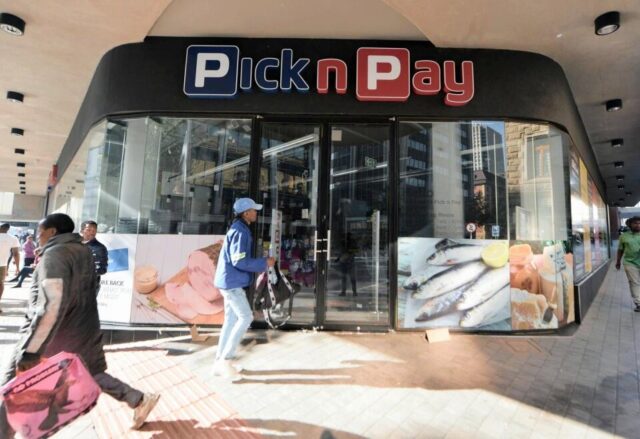The group had to contend with the impacts of unprecedented levels of load shedding and spending an incremental R522 million on diesel to run generators.
PICK n Pay chairperson Gareth Ackerman has warned of the existential threat that the ongoing rotational load shedding was putting on the entire food industry in South Africa.
Ackerman said on Thursday that the probability of social unrest relating to food shortages and possible store closures if load shedding got too high was now heightened.
Pick n Pay delivered a resilient performance for the 52 weeks ended February 26, 2023.
The group had to contend with the impacts of unprecedented levels of load shedding and spending an incremental R522 million on diesel to run generators.
Ackerman said the only meaningful government action seemed to be inaction, and to place blame on those trying to help solve the problems amid the reality of structural economic decline,
Despite the substantial impact of load shedding and related costs, Ackerman remained hopeful and optimistic about the group’s prospects.
Here are 7 key points that Ackerman highlighted as their successes for the period.
1. Investment in the economy: Pick n Pay’s investment of R4 billion in the business over the past year shows its commitment to build for the future.
2. Energy resilience plan: I am pleased with the progress the group has made.
3. Mitigating rising cost of living: Maintaining consumer sovereignty is our priority at a time when unplanned costs of energy weigh on every citizen.
4. Reducing food waste: Over the past four years, we have reduced food waste by nearly 30% as we work steadily towards our target of 50% by 2030.
5. Private sector and civil society response. We fully support the Business Unity SA/Business Leadership SA initiative to work with the government to resolve key areas and are committed to support where we can.
6. Commitment to serving customers. We will play our part in society, and we will do both by being the most efficient business possible.
7. Commitment to transformation: We look forward to continuing the huge strategic transformation the company has embarked upon. It will produce strong longer-term performance.
BUSINESS REPORT








